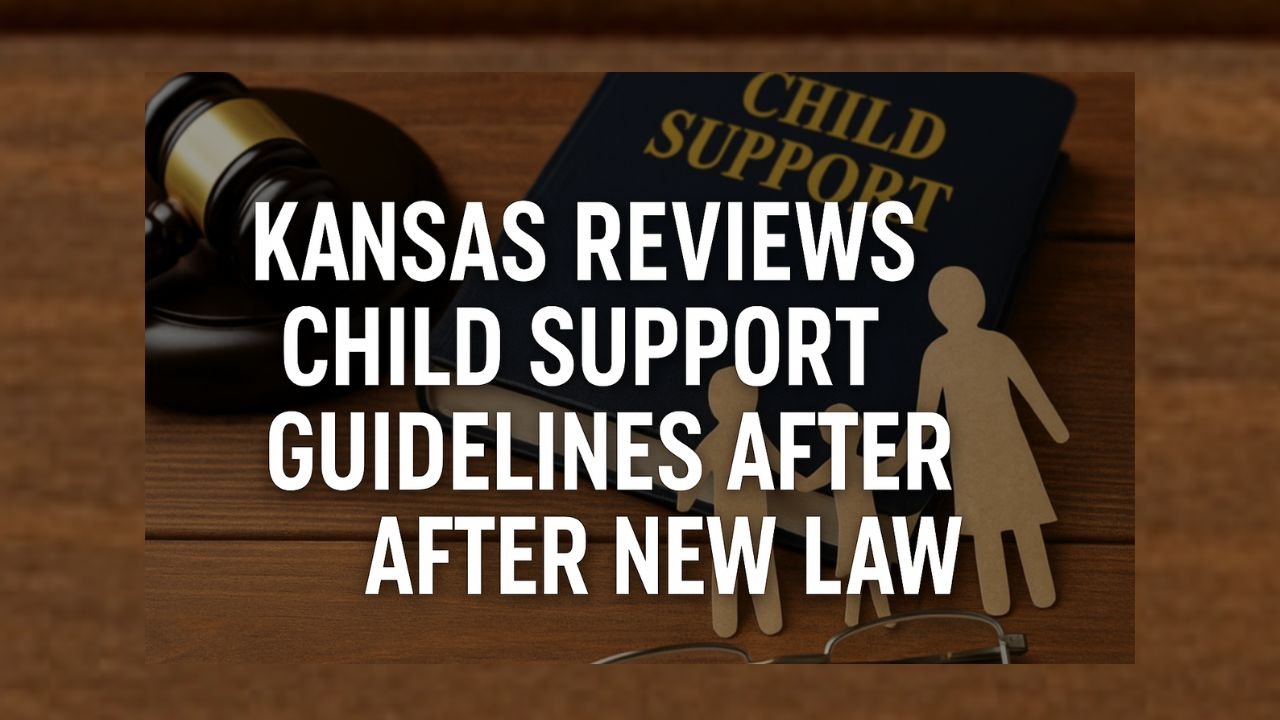Top judicial officials in Kansas are inviting public input this summer on proposed updates to the state’s child support guidelines.
These guidelines, used by judges and hearing officers, help determine how much each parent contributes financially to raising their children.
The review comes in response to the passage of House Bill 2062, which takes effect July 1, 2024, along with a host of other newly enacted laws.
What HB 2062 Changes in Kansas Child Support Law
The newly signed HB 2062 introduces key adjustments to Kansas’s child support regulations, including:
- A revised treatment of individual retirement accounts (IRAs) in determining child support obligations.
- The ability to establish child support for unborn children, dating back to the time of conception.
- Inclusion of medical and pregnancy-related expenses for the mother in support calculations.
These changes prompted the Kansas Child Support Guidelines Advisory Committee to submit proposals for amending the state’s long-standing child support calculation framework.
Fairness and Flexibility at the Core of the Guidelines
According to the Kansas Judicial Branch, the guidelines aim to ensure a fair and balanced distribution of both time and financial responsibility between parents.
This framework plays a crucial role in protecting the well-being of children while also considering each parent’s financial capacity.
The proposed changes are being reviewed to better align the guidelines with current law and societal needs, especially as HB 2062 expands how support can be applied in specific family situations.
Public Participation Encouraged During Review Period
Kansas court officials are actively seeking feedback from parents, legal professionals, and the general public to ensure the revised guidelines reflect community values and legal fairness.
Residents will have an opportunity to submit comments and insights before the proposed changes are finalized.
With HB 2062 taking effect July 1, Kansas is updating its child support rules to reflect the new legal requirements, especially regarding unborn children and parental financial responsibilities.
Residents are encouraged to participate in shaping the future of these important family law guidelines by contributing during the public comment period.




